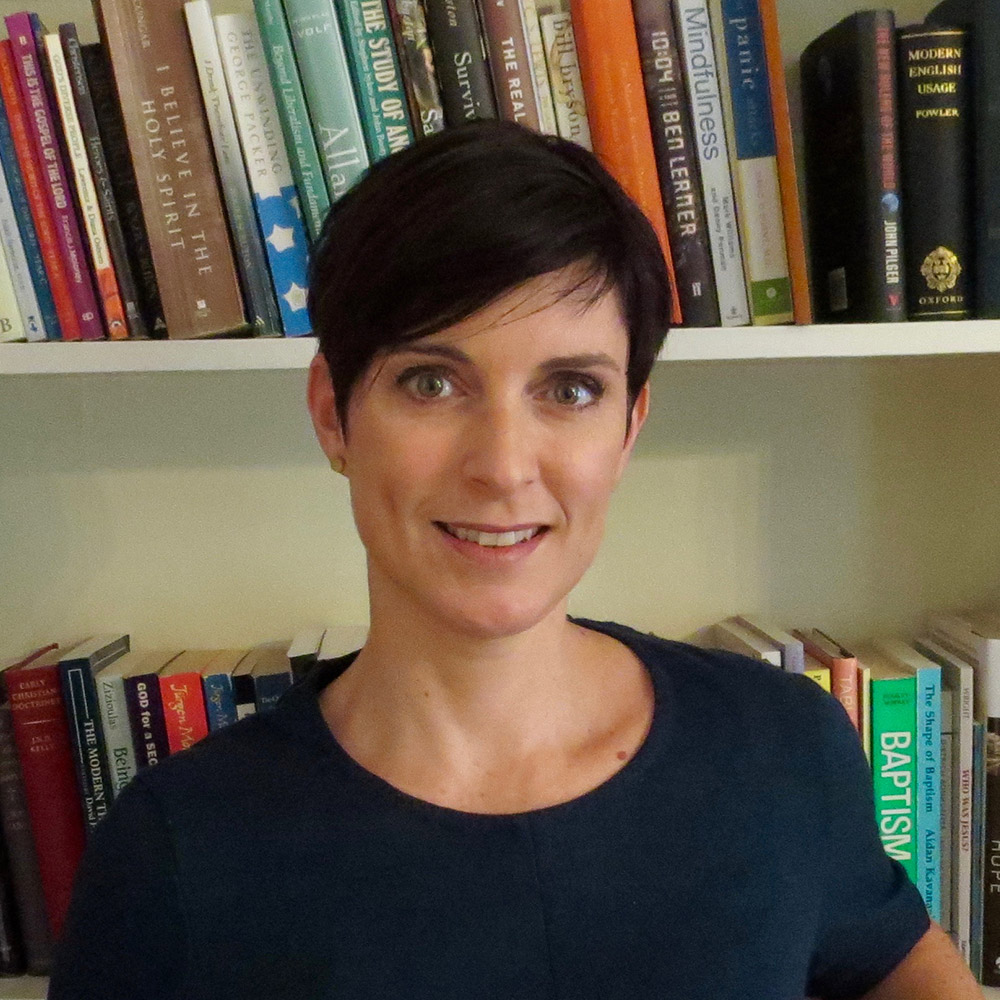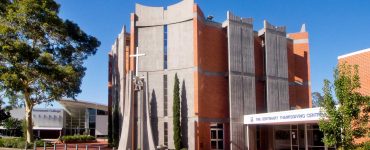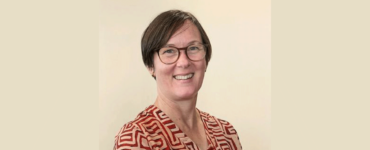Abstracts are invited for the following additional stream:
Reading the Bible in Australia
“[A] degree of biblical literacy – along with critical skill in evaluating how the Bible has been taken up and interpreted in our history – can only help Australians grapple well with the choices that society faces.” (Meredith Lake, The Bible in Australia, 2nd edition, 2020). Meredith’s Lake’s work has given us a valuable cultural history of the Bible in Australia which invites a deeper conversation about how particular biblical texts have been and could be interpreted and applied. This stream welcomes papers that consider the past and present influence of a biblical text or theme in Australia and offer a fresh contextually and ethically informed reading of that text or theme. It is hoped that papers will combine: (i) a critical account of how a biblical text or theme has been used within and influenced Australia (ii) an exegetical study of that text or theme; and (iii) an interrogation of the political, economic, social, and ecological consequences of how that text or theme is read. Authors are encouraged to acknowledge their interpretive assumptions and commitments; the social, economic and cultural contexts with which they identify; and the ethical frameworks they deploy. Submissions from Aboriginal and Torres Strait Islander participants are particularly encouraged. Following the ANZATS Conference, presenters may be invited to develop their papers for possible inclusion in a book.
Each paper is for 30 minutes followed by 15 minutes for questions.
Proposal requirements
Proposals should be no more than 250 words, and include your full name, academic title, institutional affiliation, and email address.
Due date
Please send abstracts to the conference convenors by 31 May 2021:
Deborah Storie
dstorie@virtual.net.au
Barbara Deutschmann
barbara.deutschmann206@gmail.com

Reverend Associate Professor Robyn Whitaker is a biblical scholar and historian with a particular interest in the contemporary use (and misuse) of the Bible in debates about sexuality, gender and ethics. Her research focuses on the apocalyptic literature of the Bible, particularly Revelation, as well as visuality and visual exegesis of the Bible.





Add comment